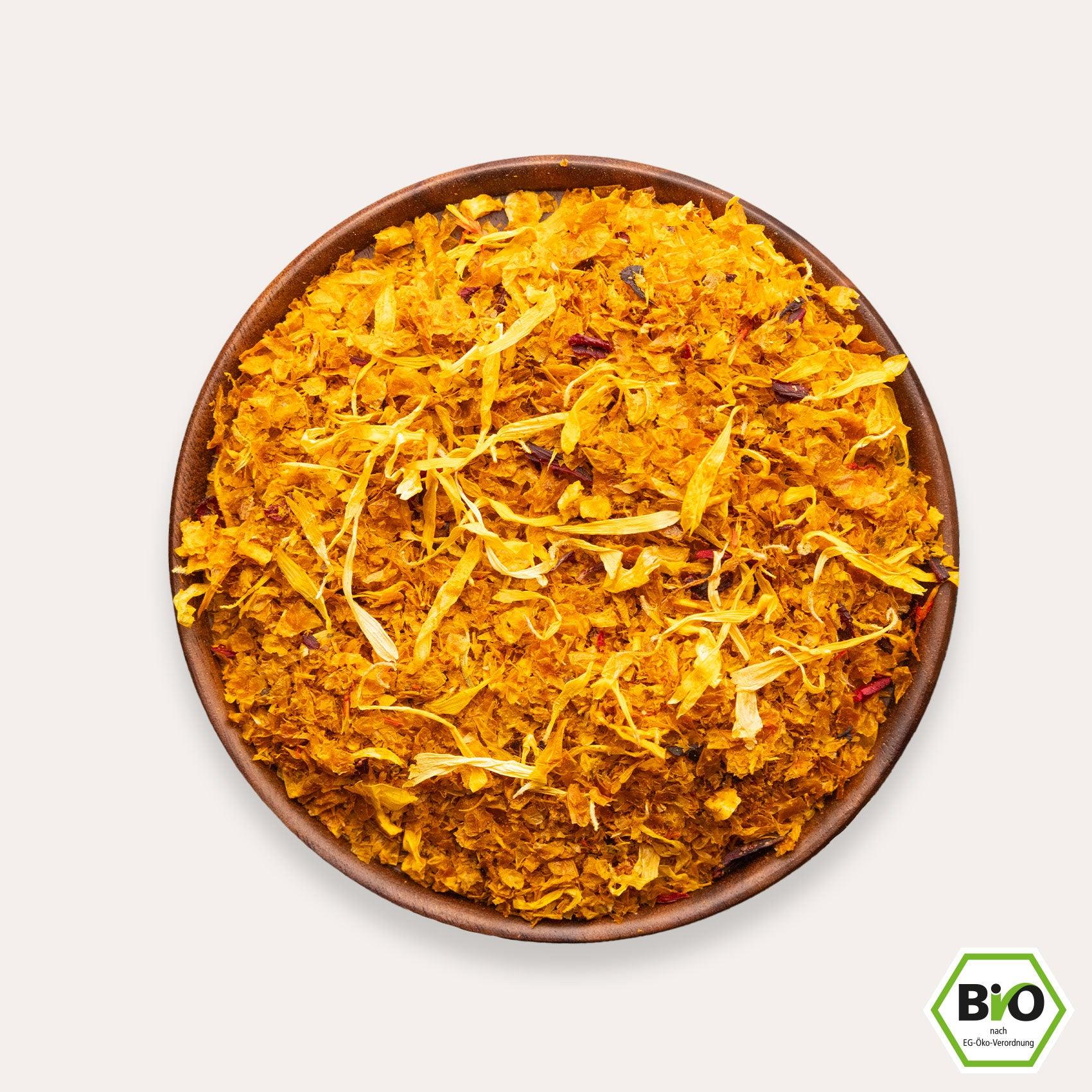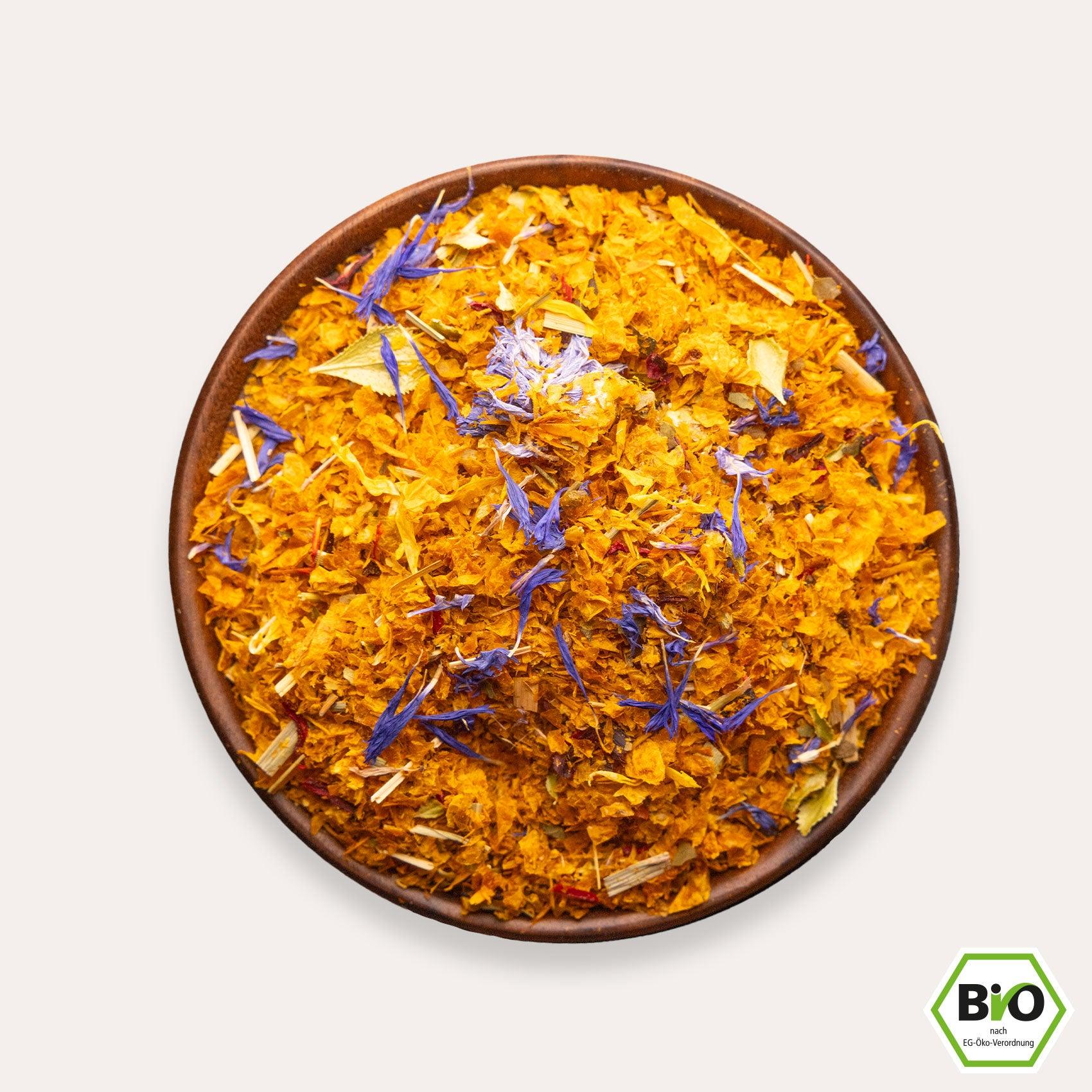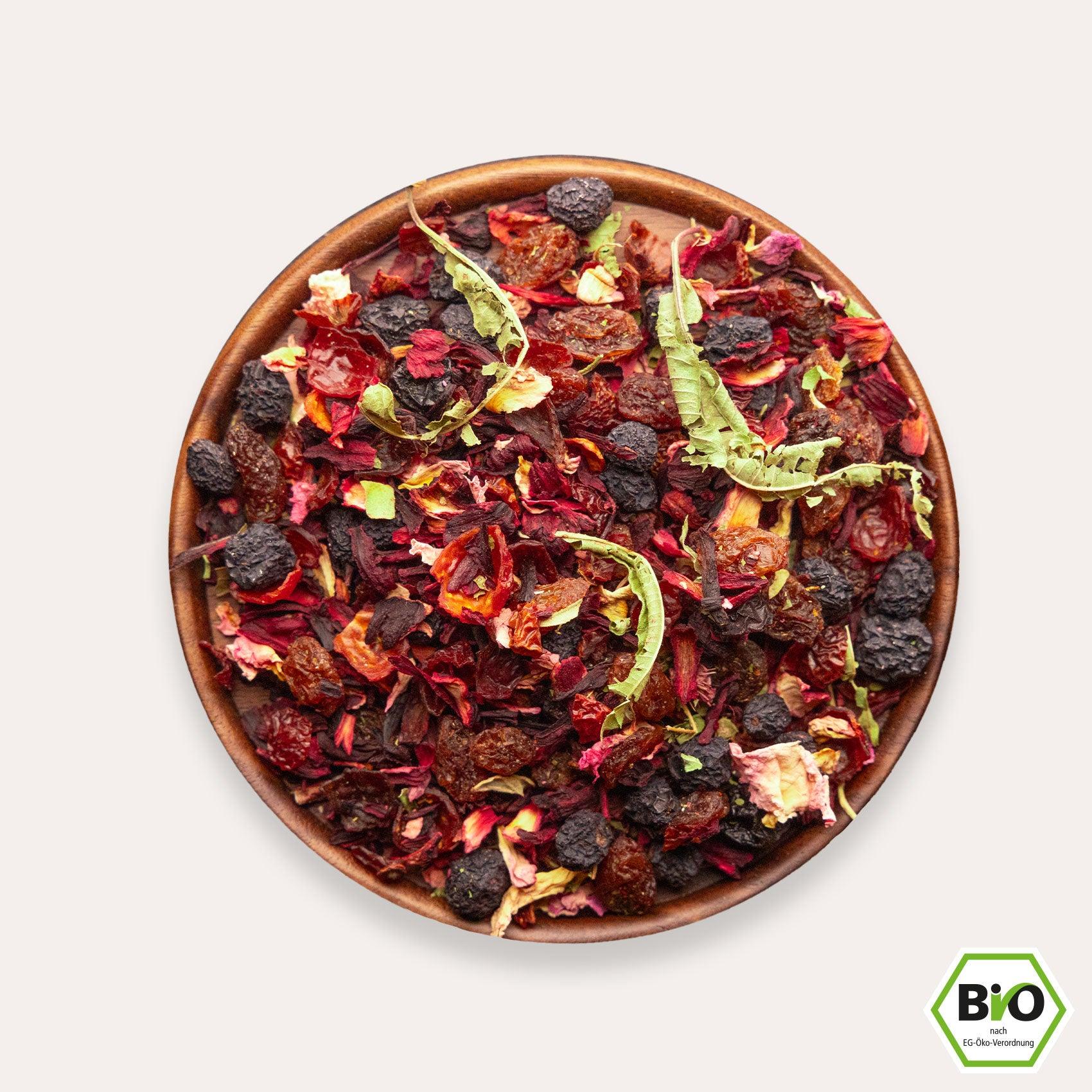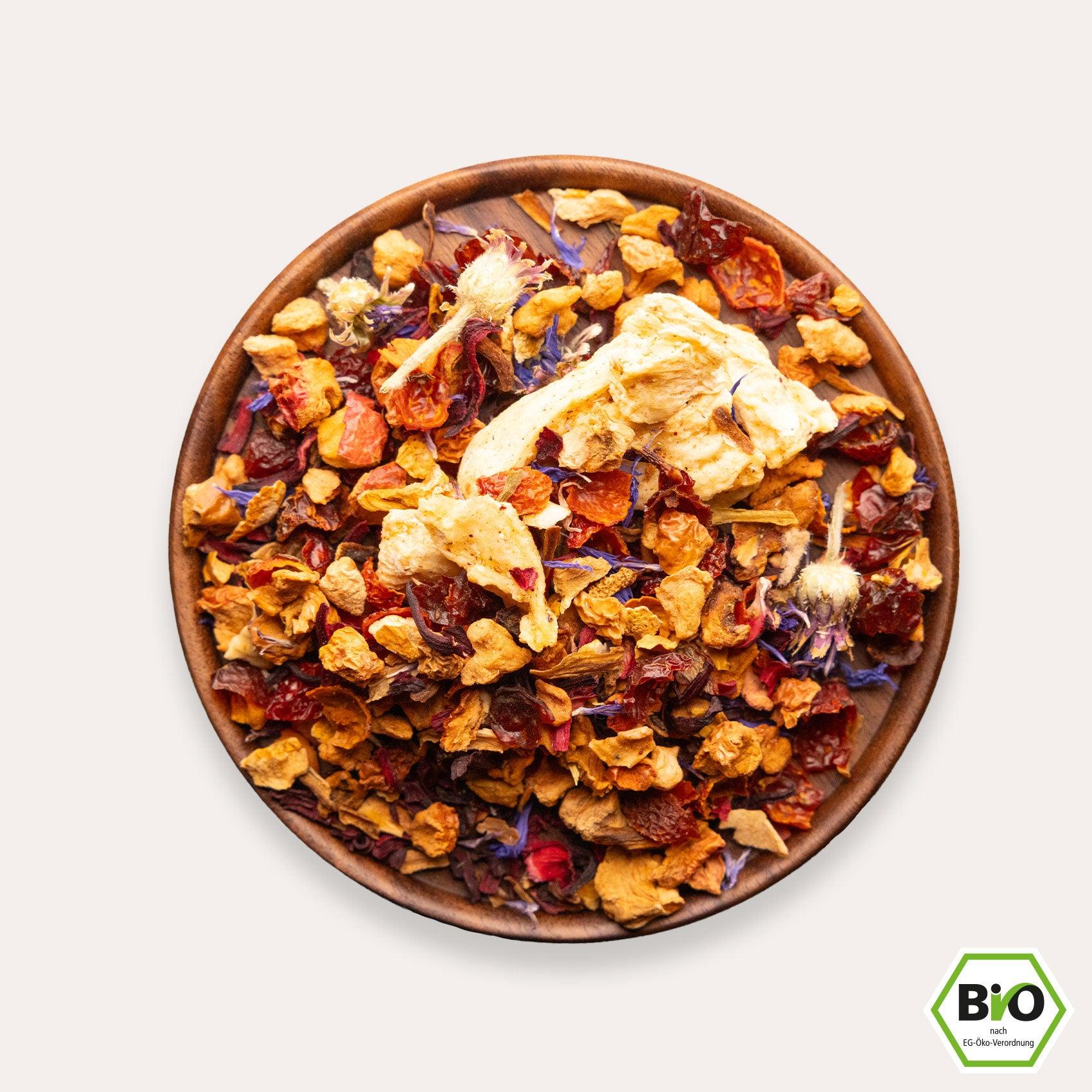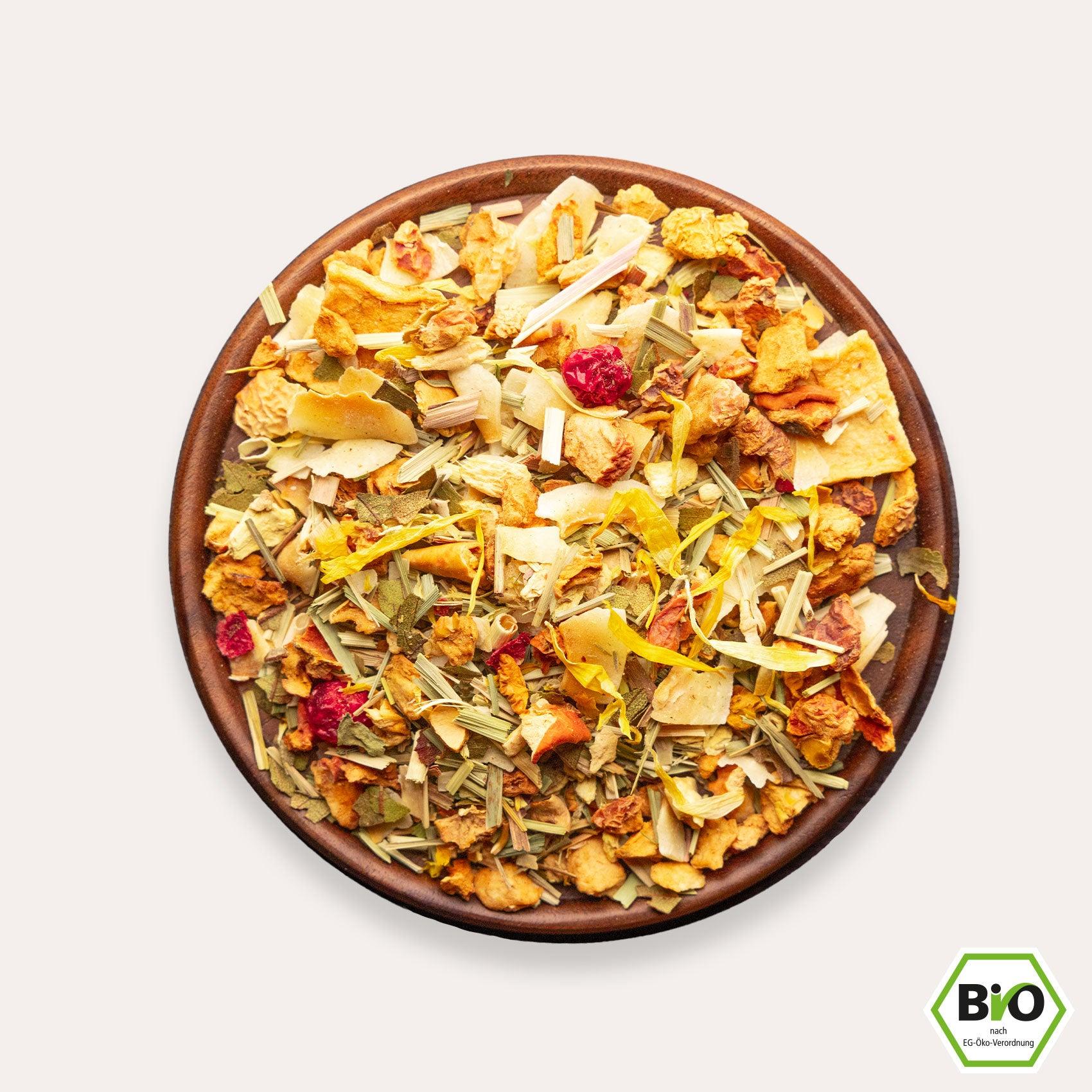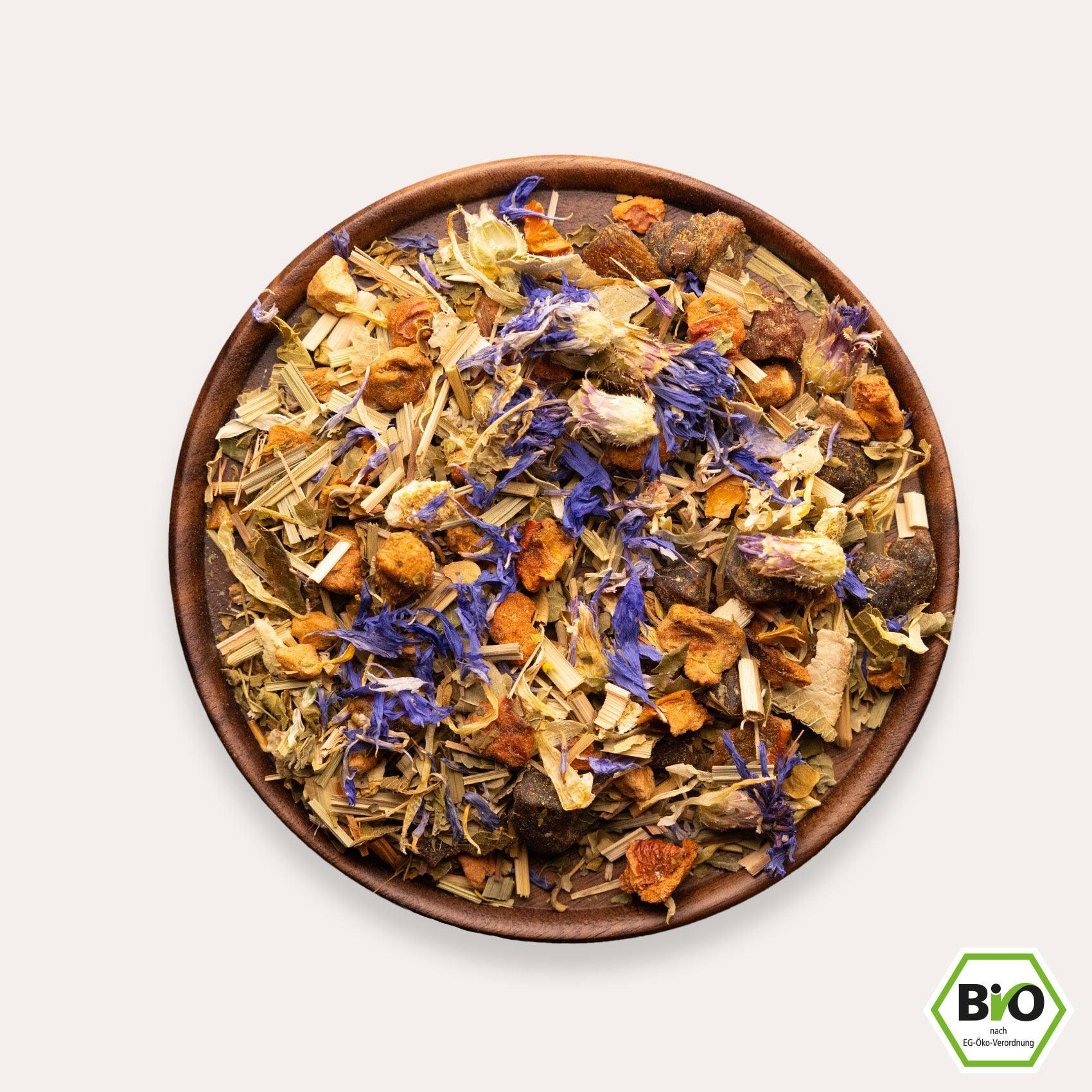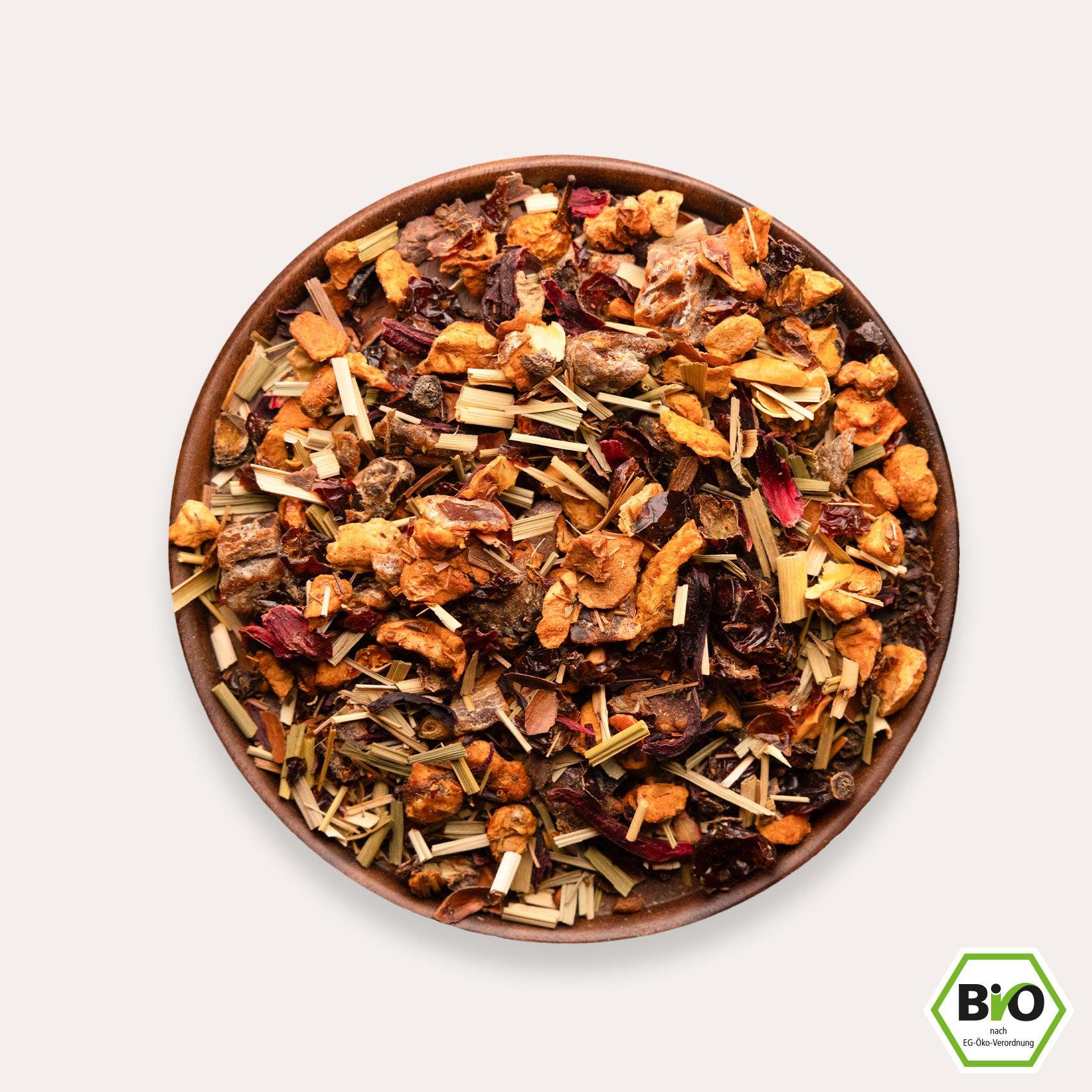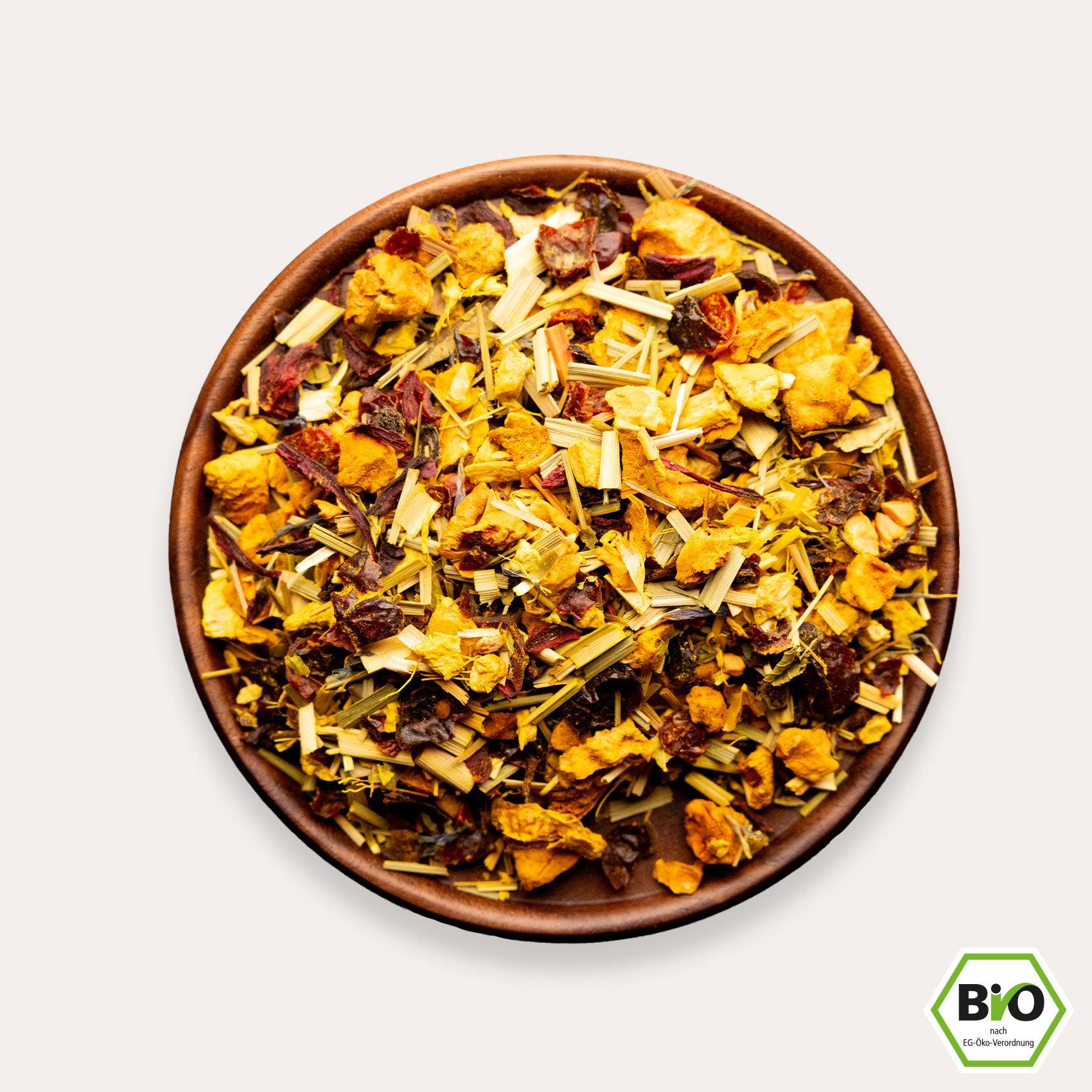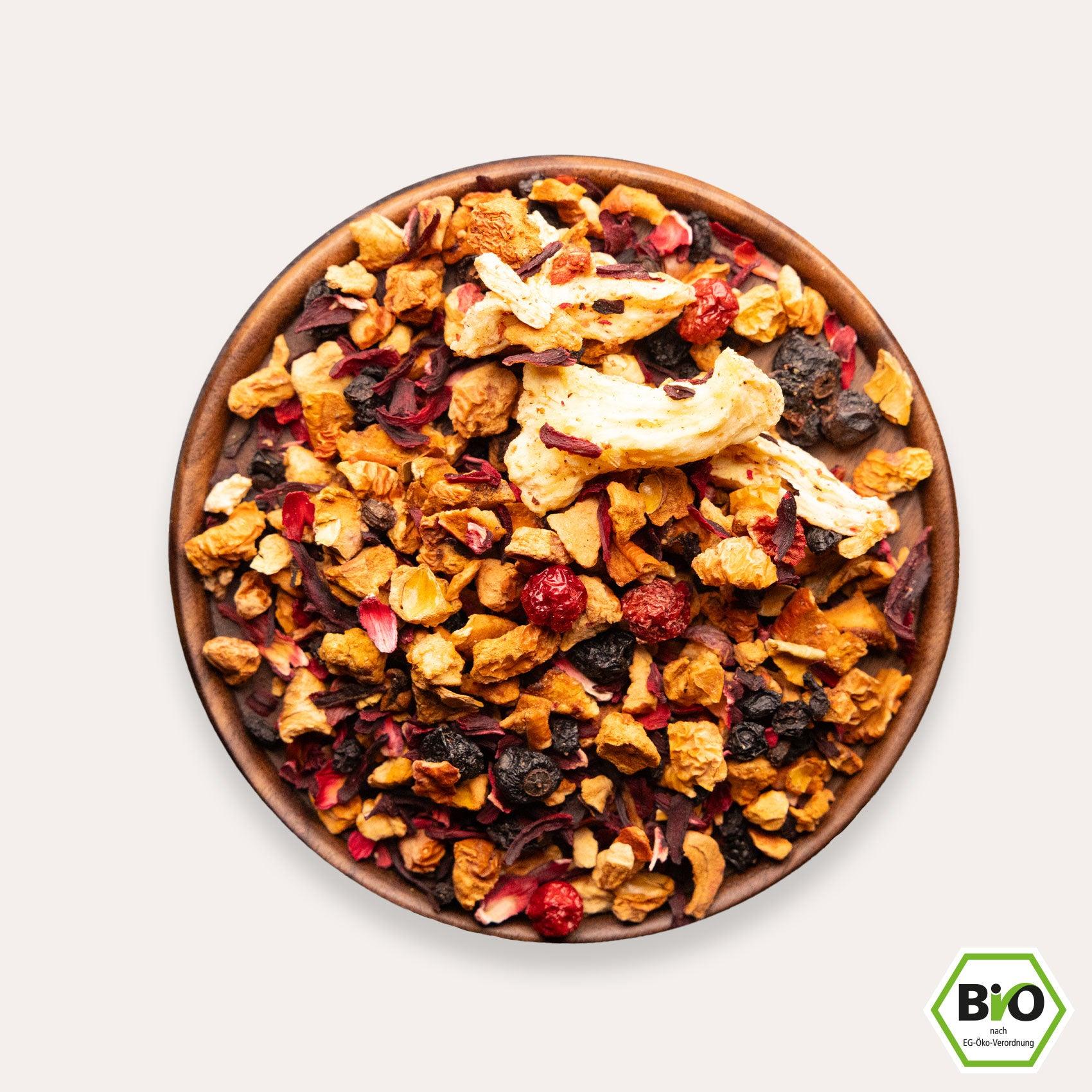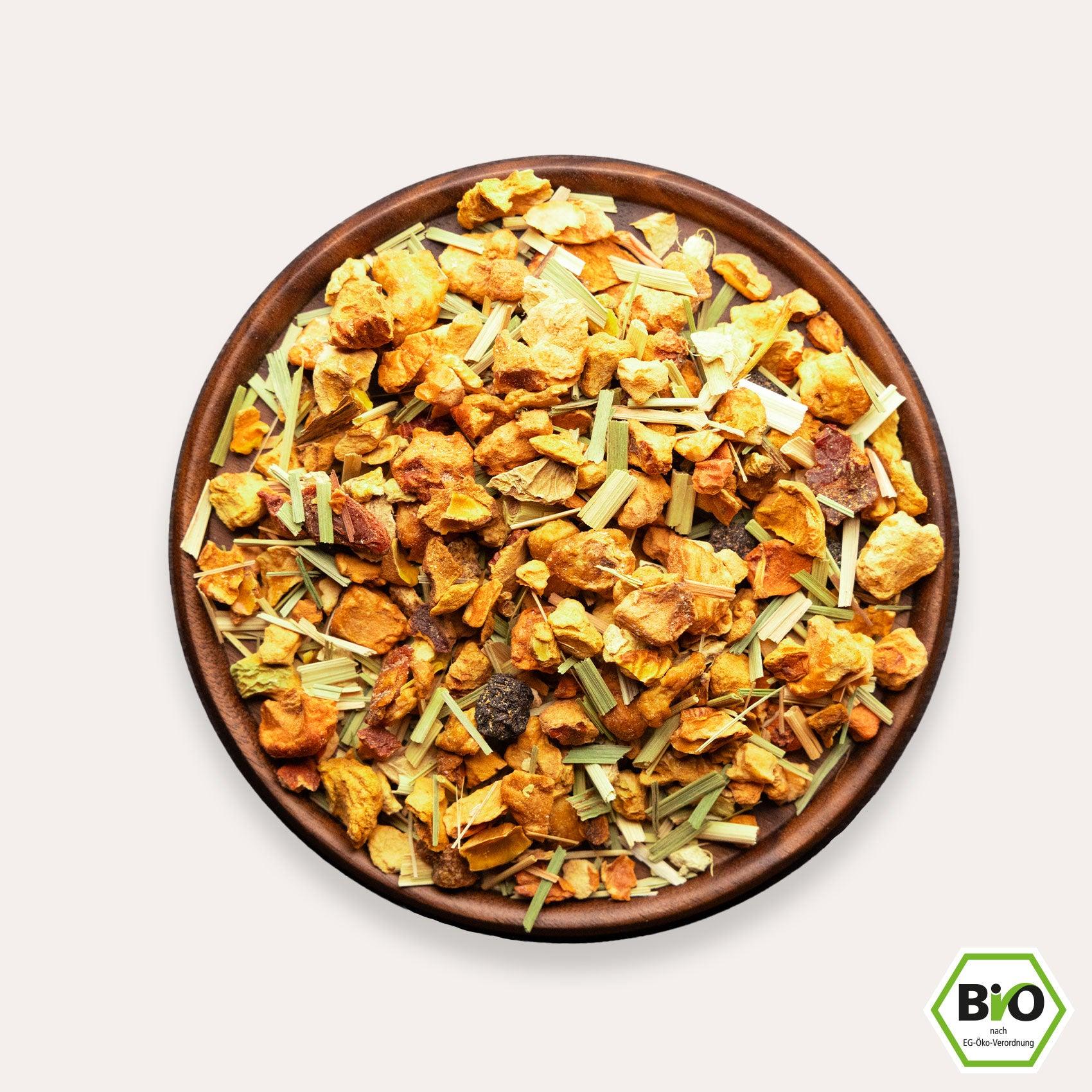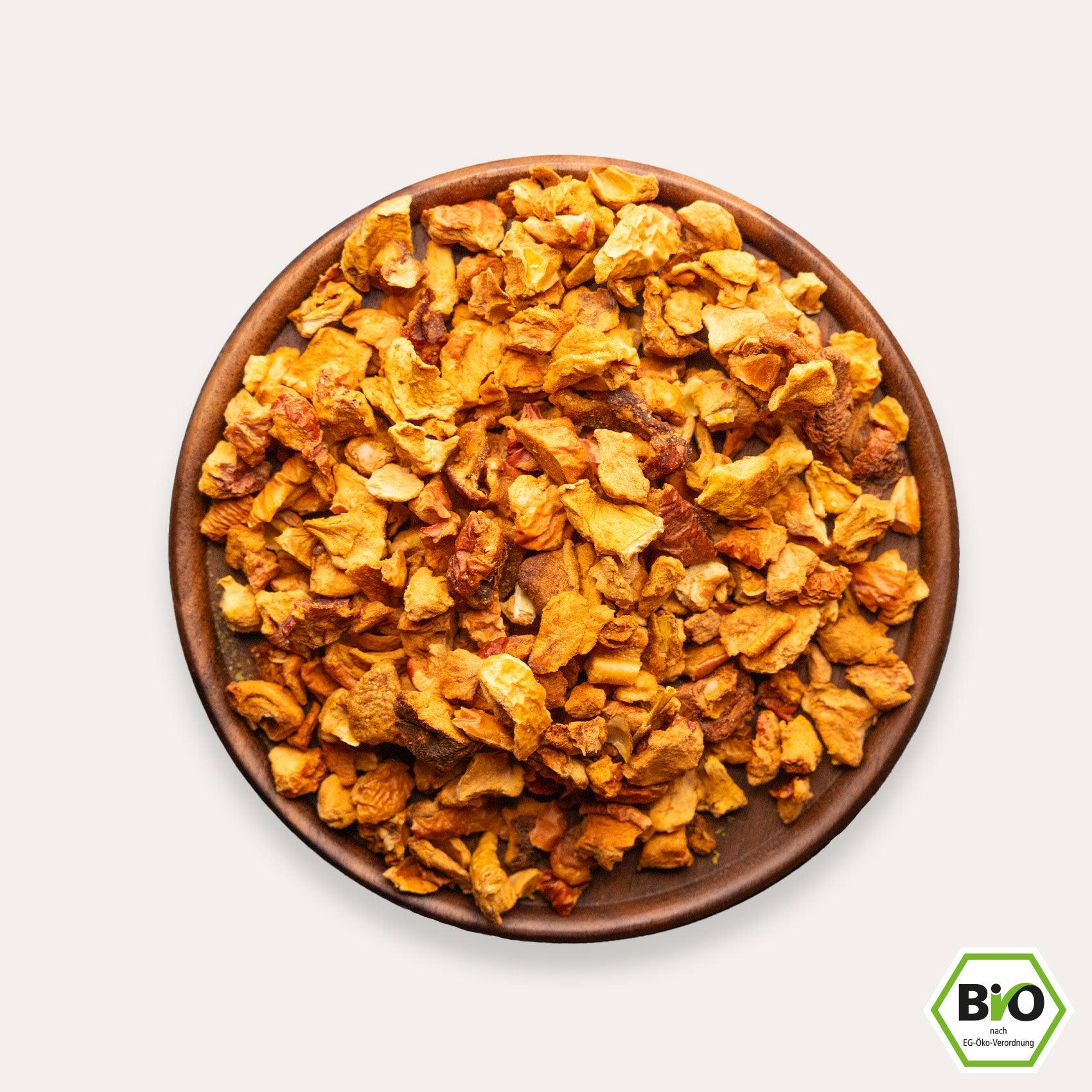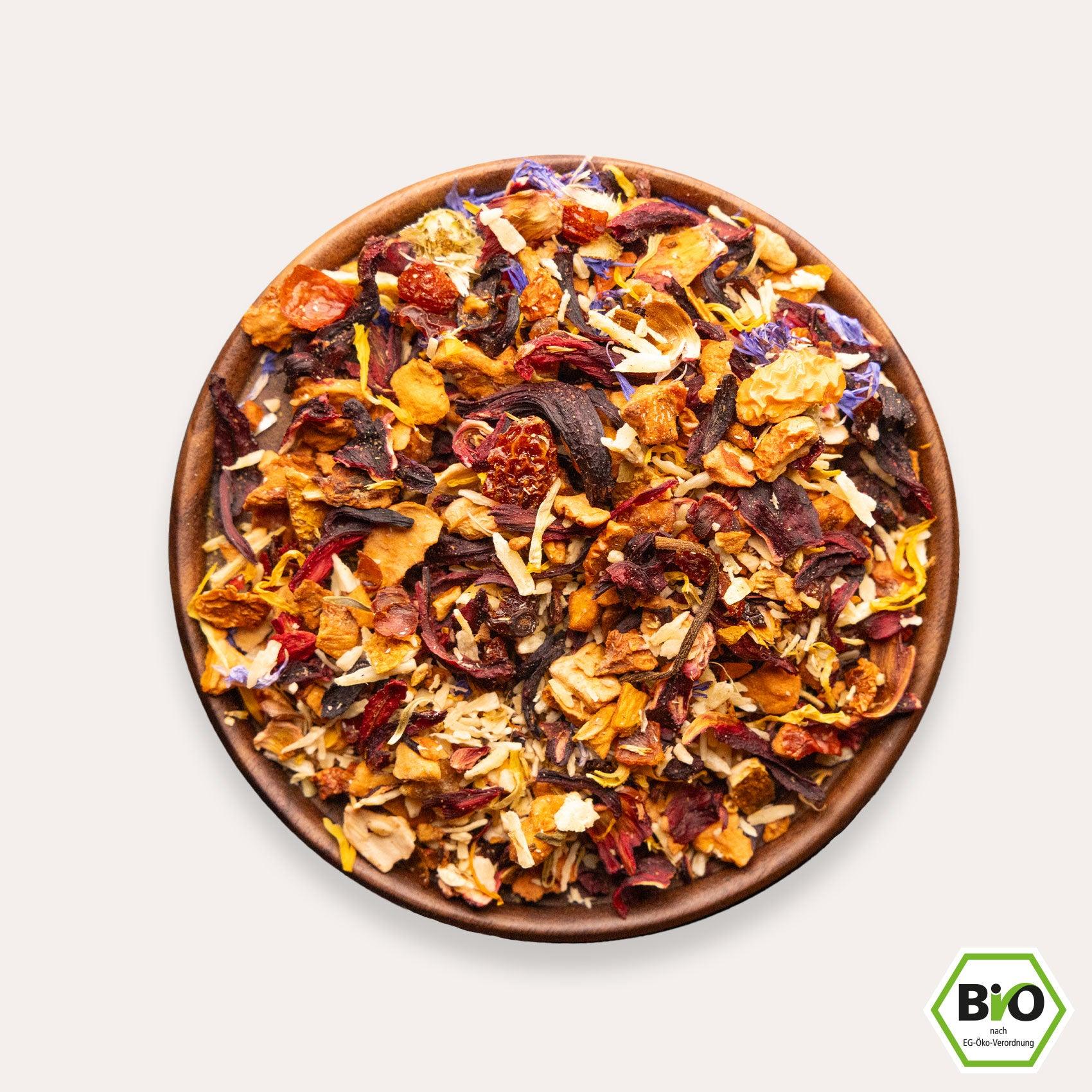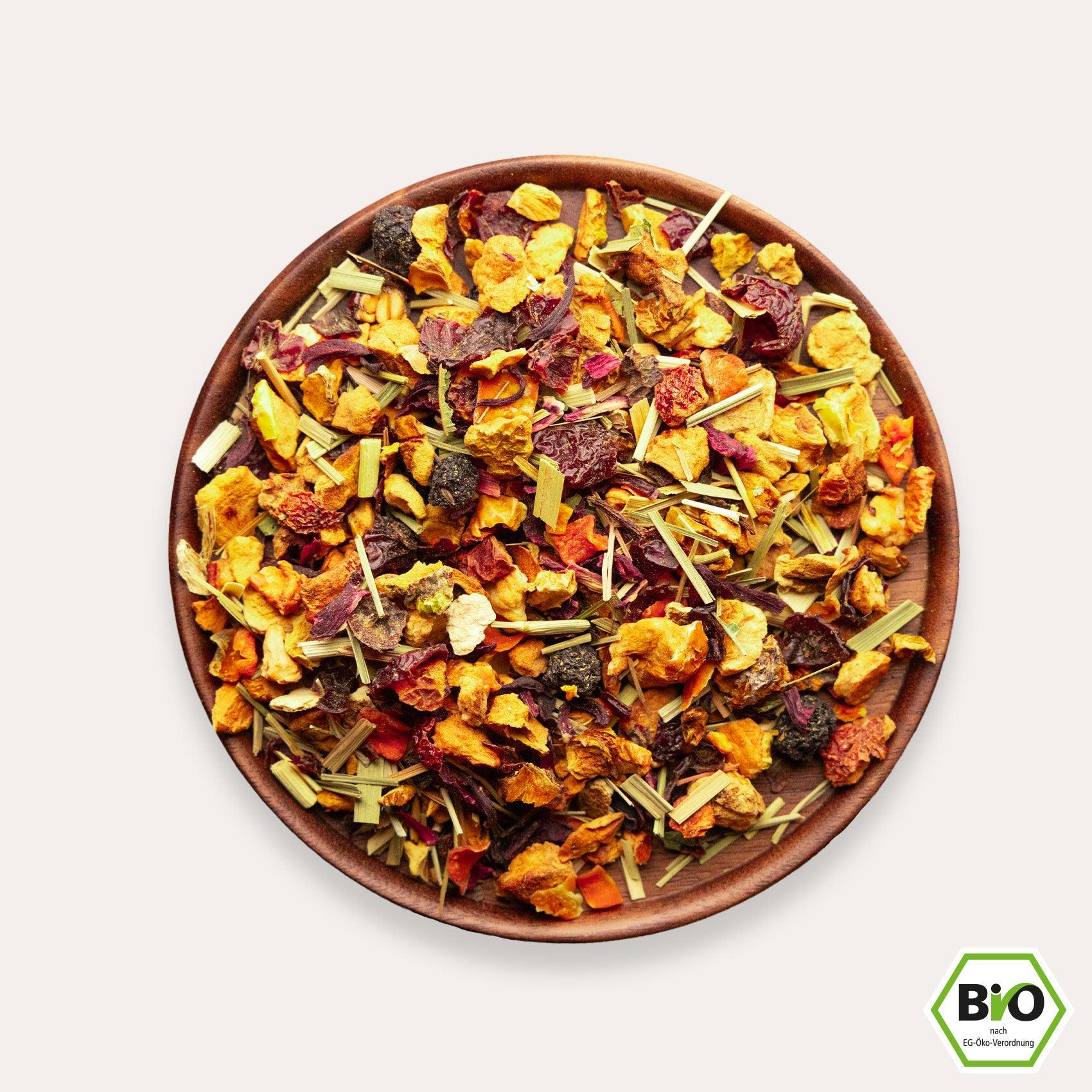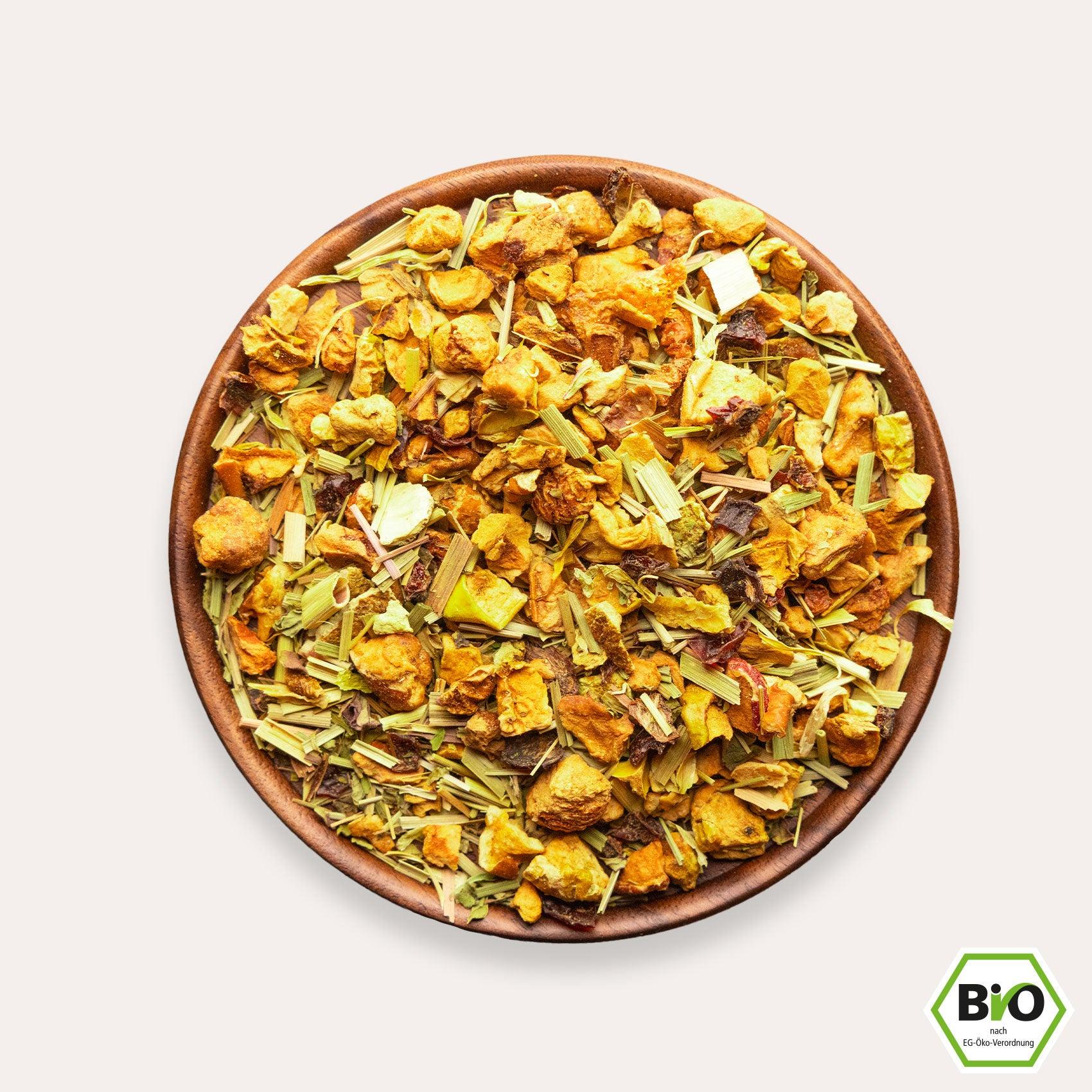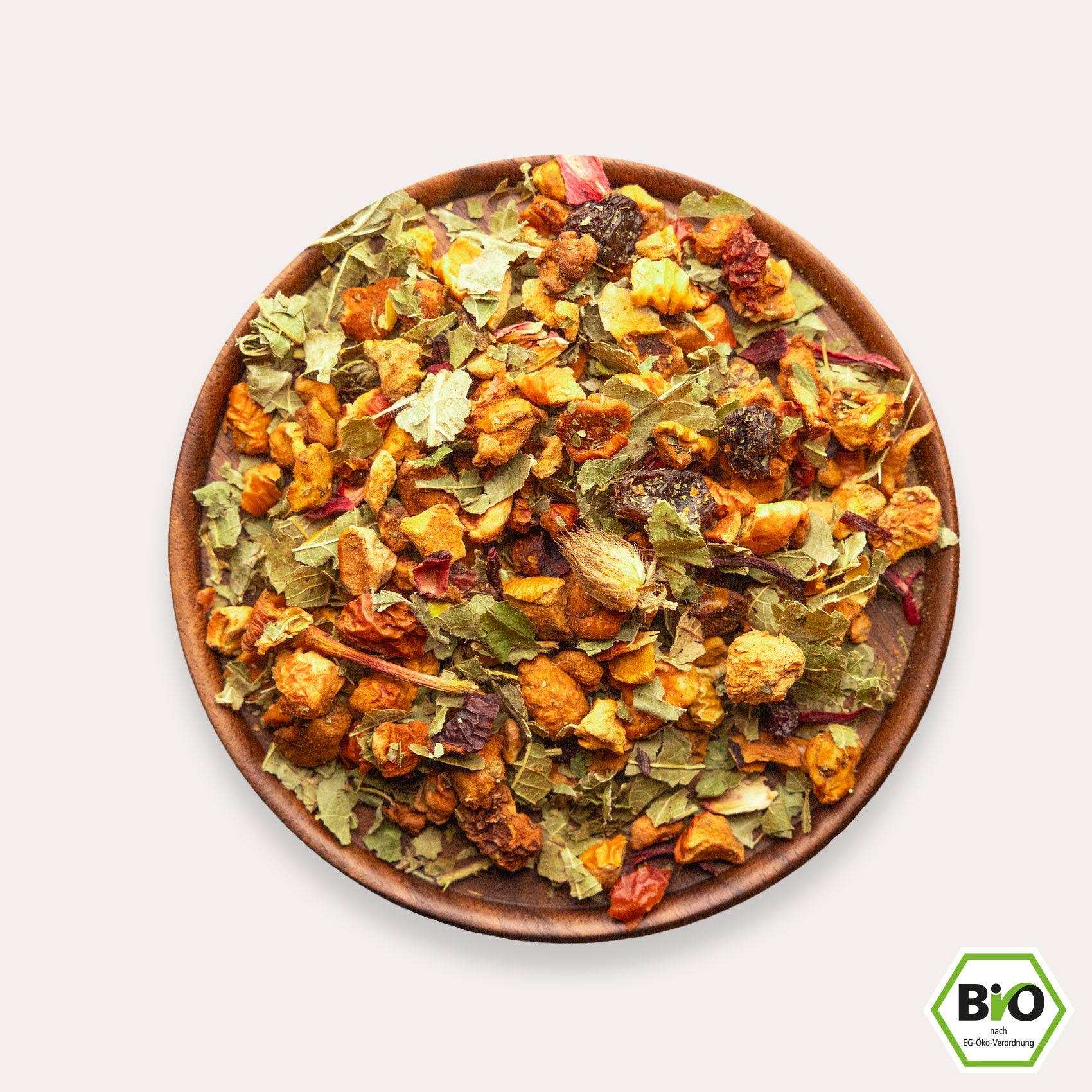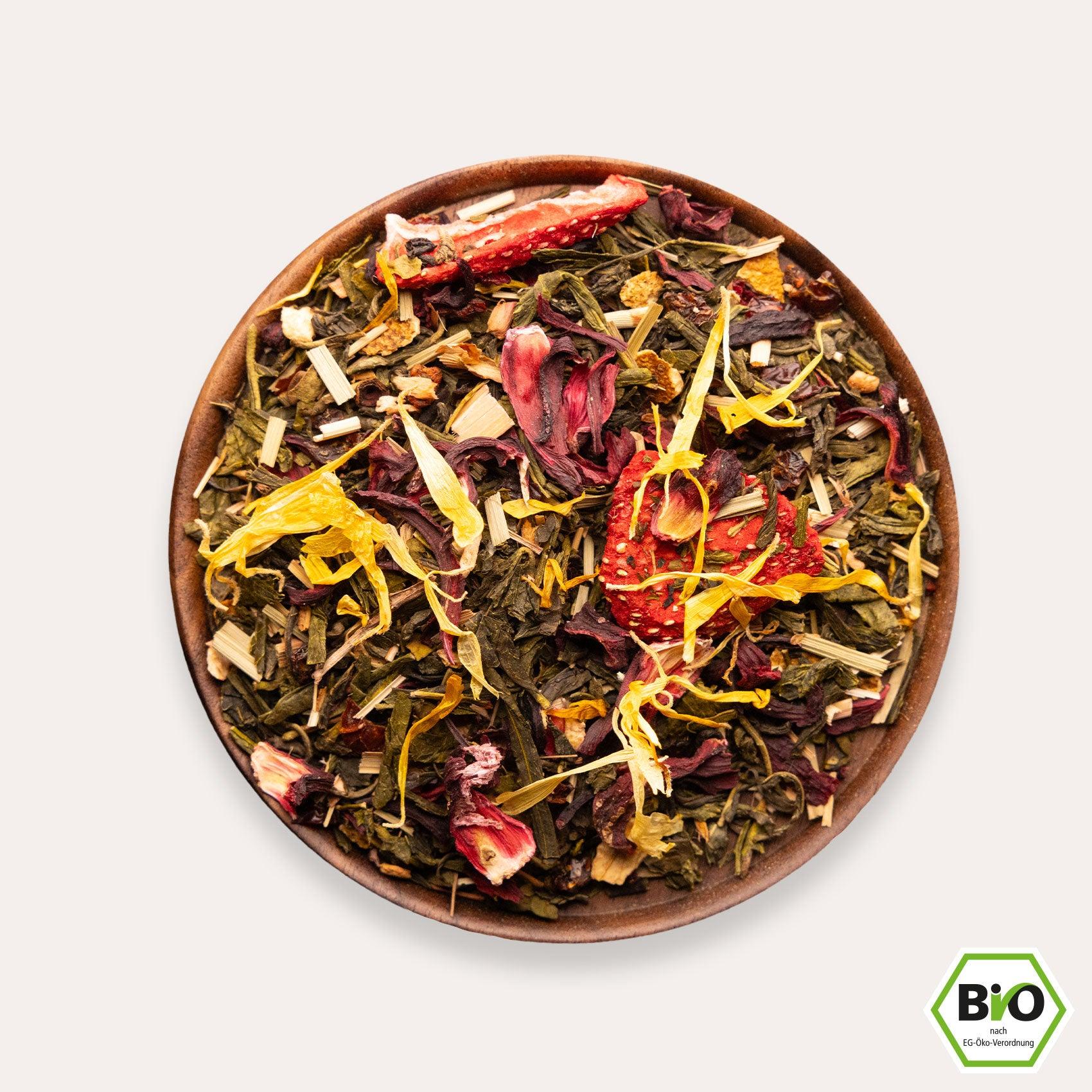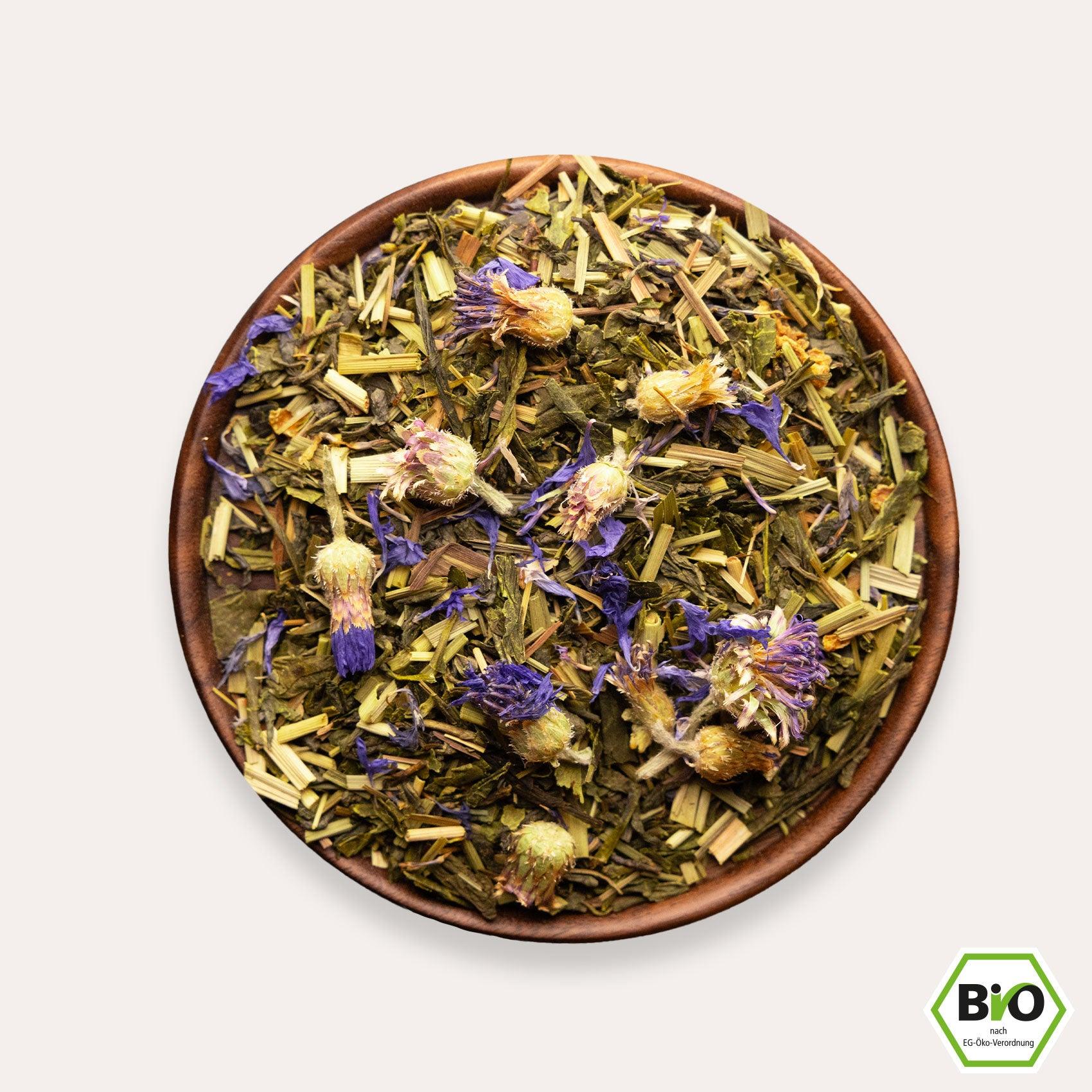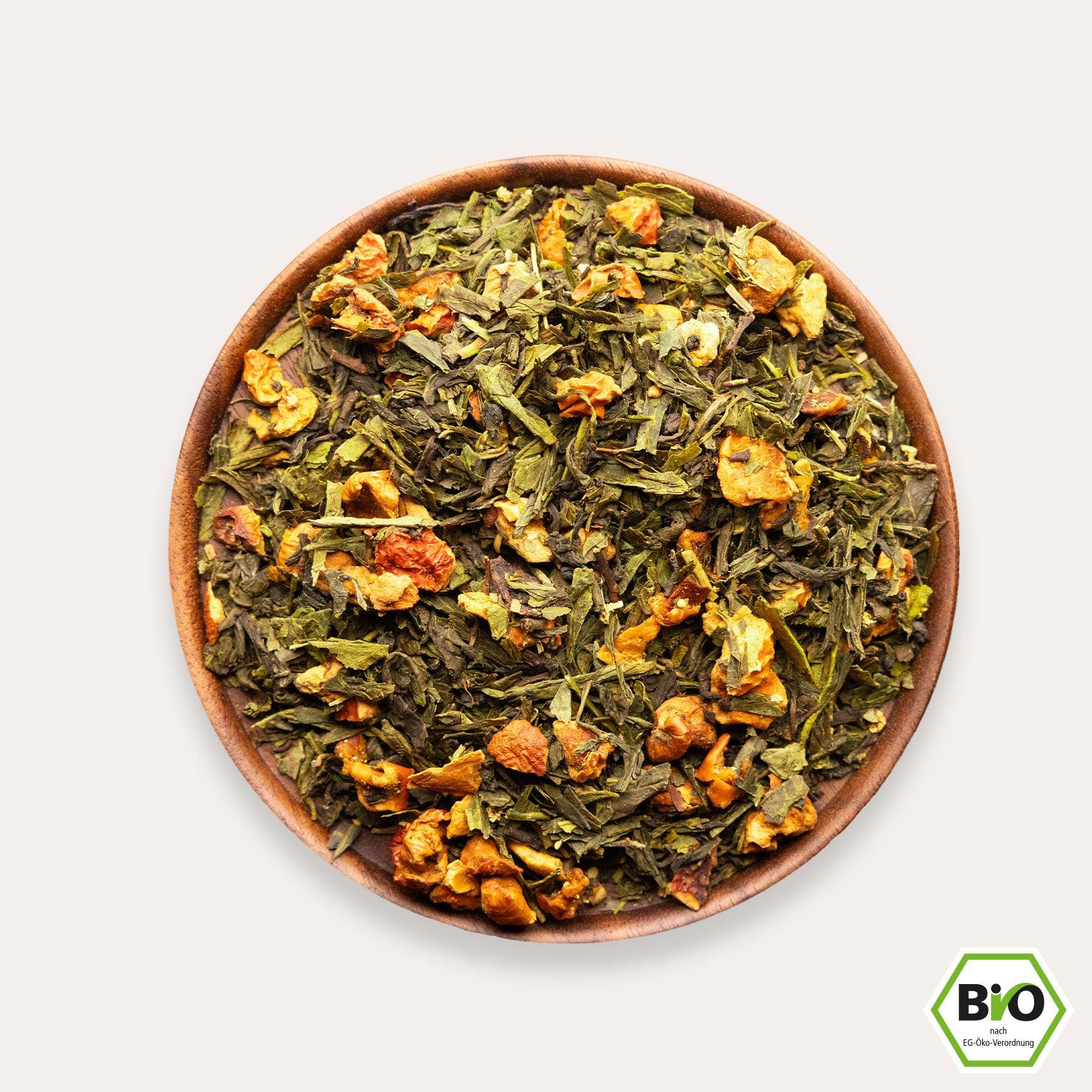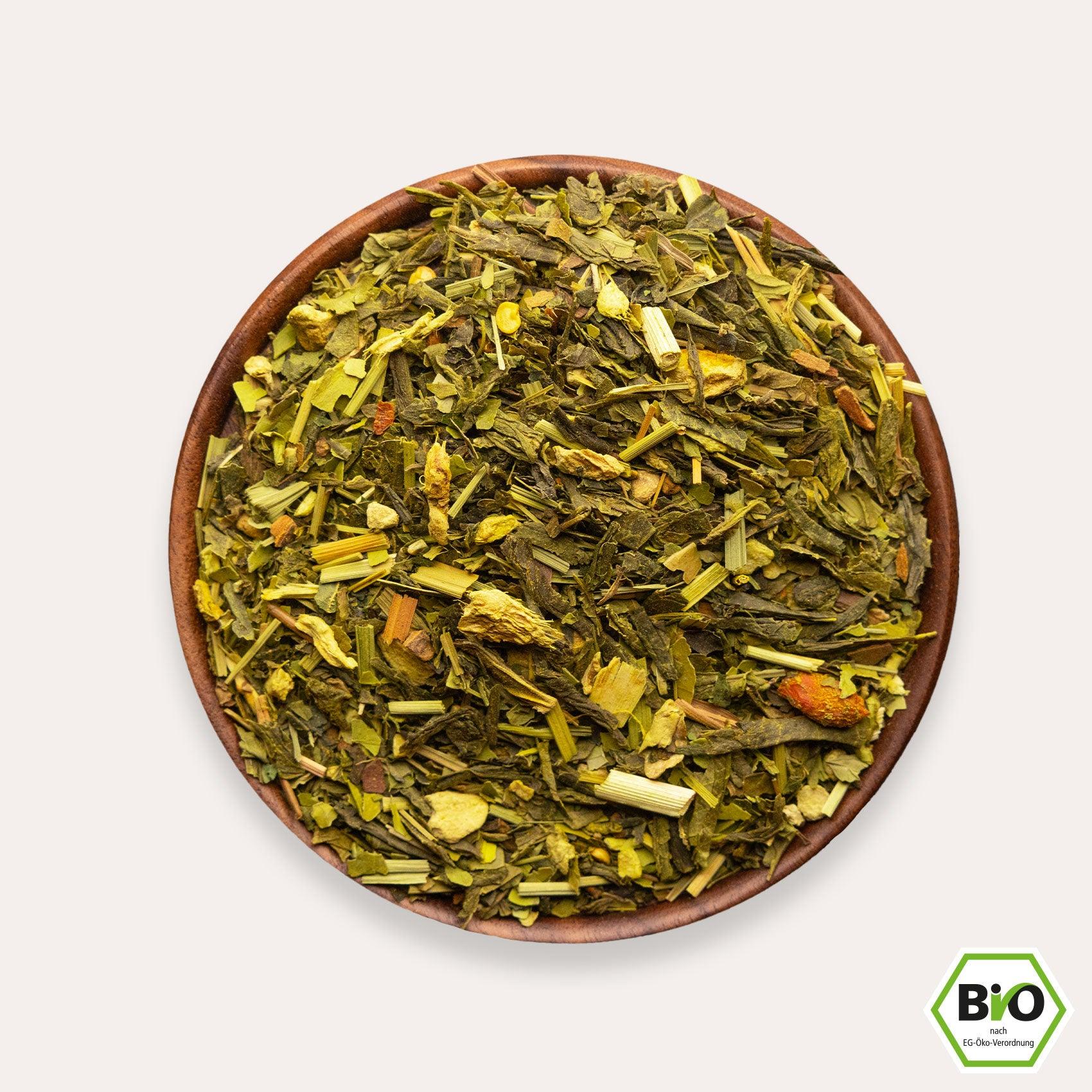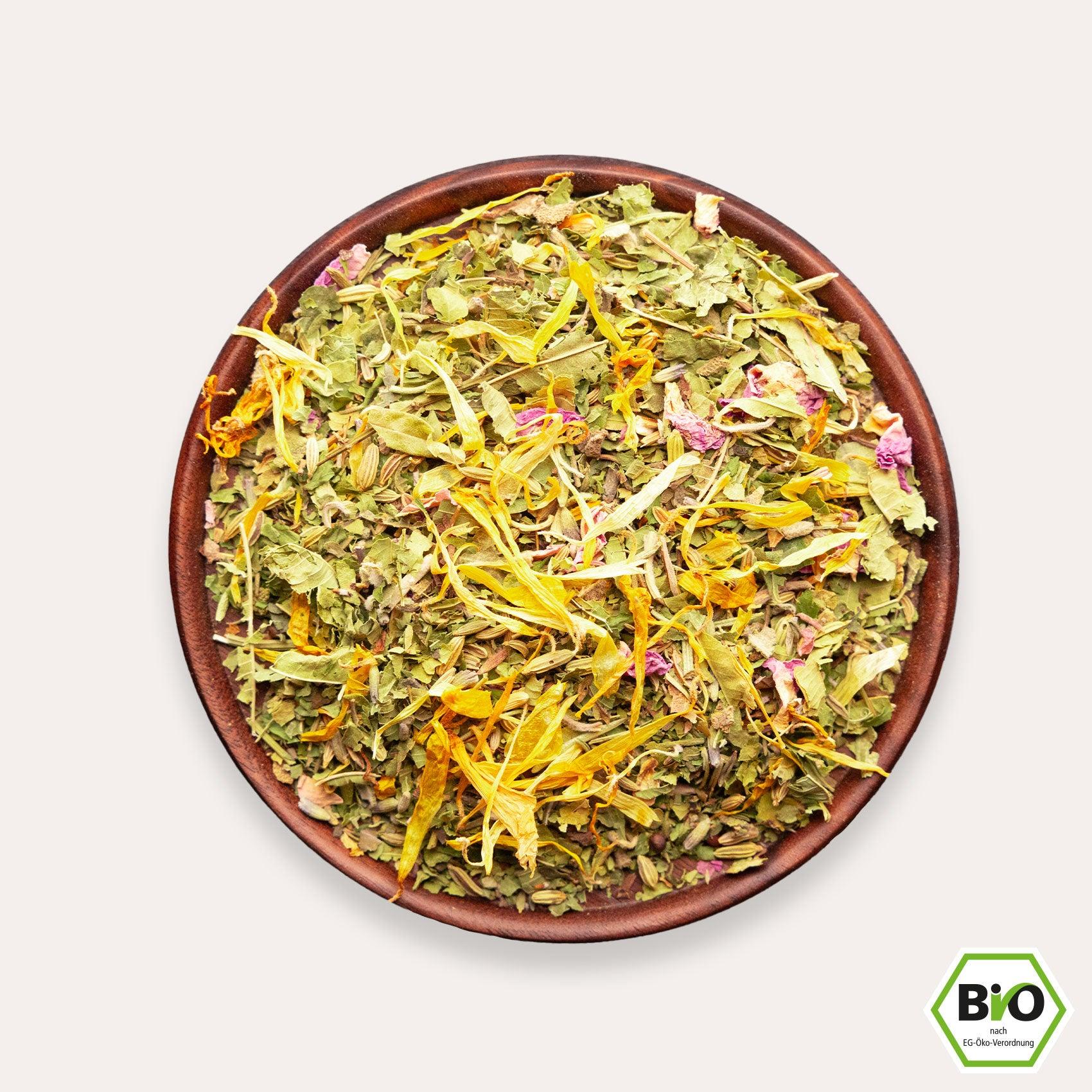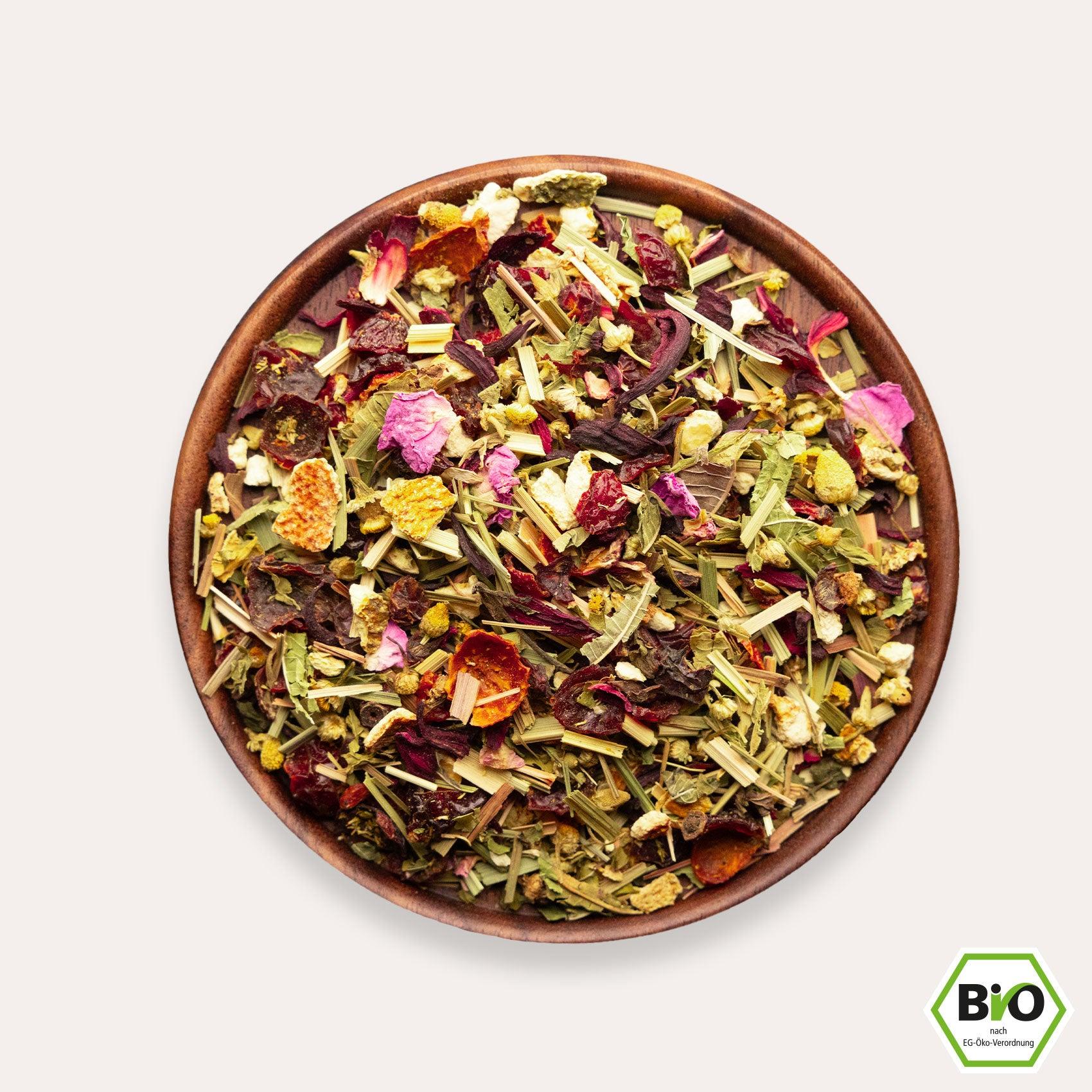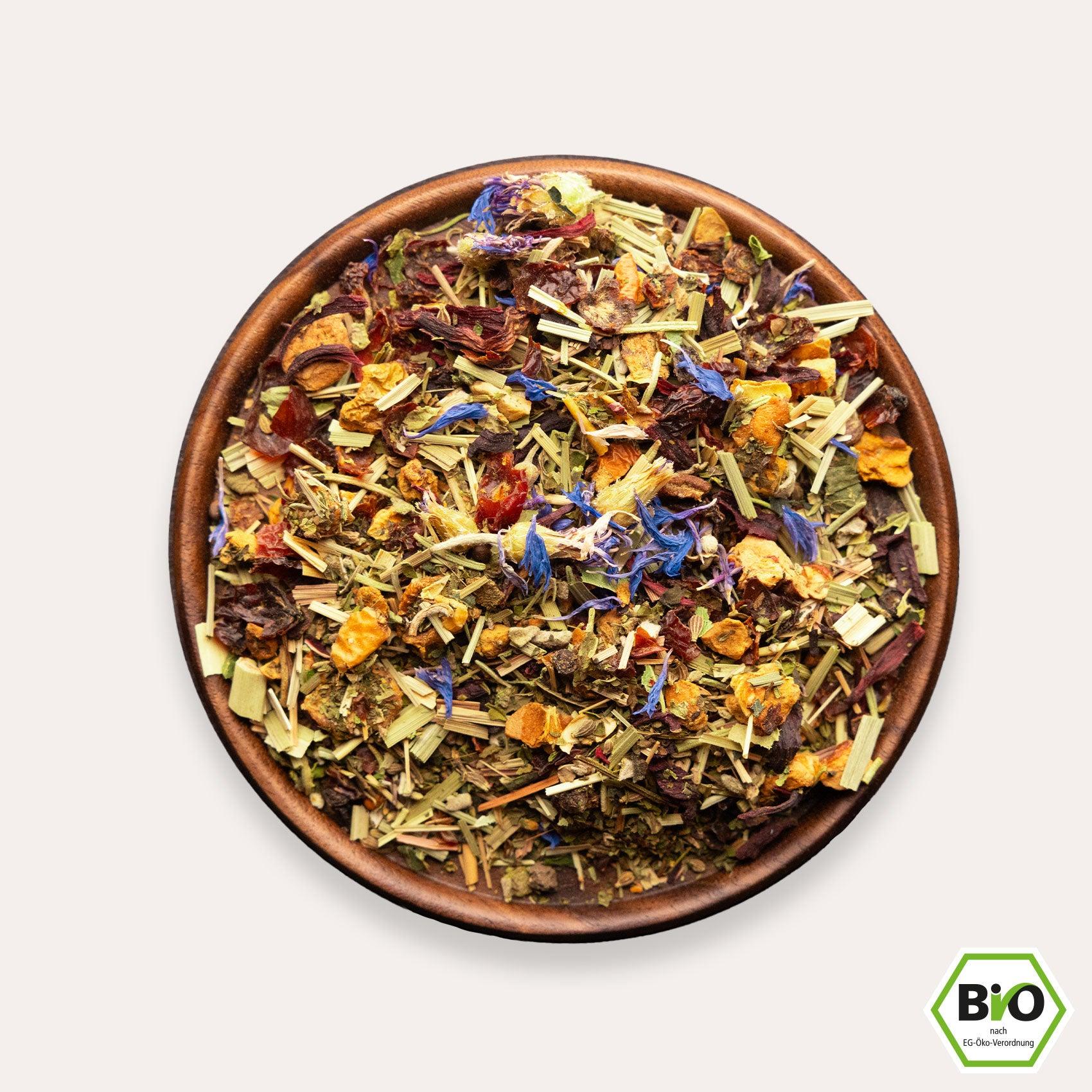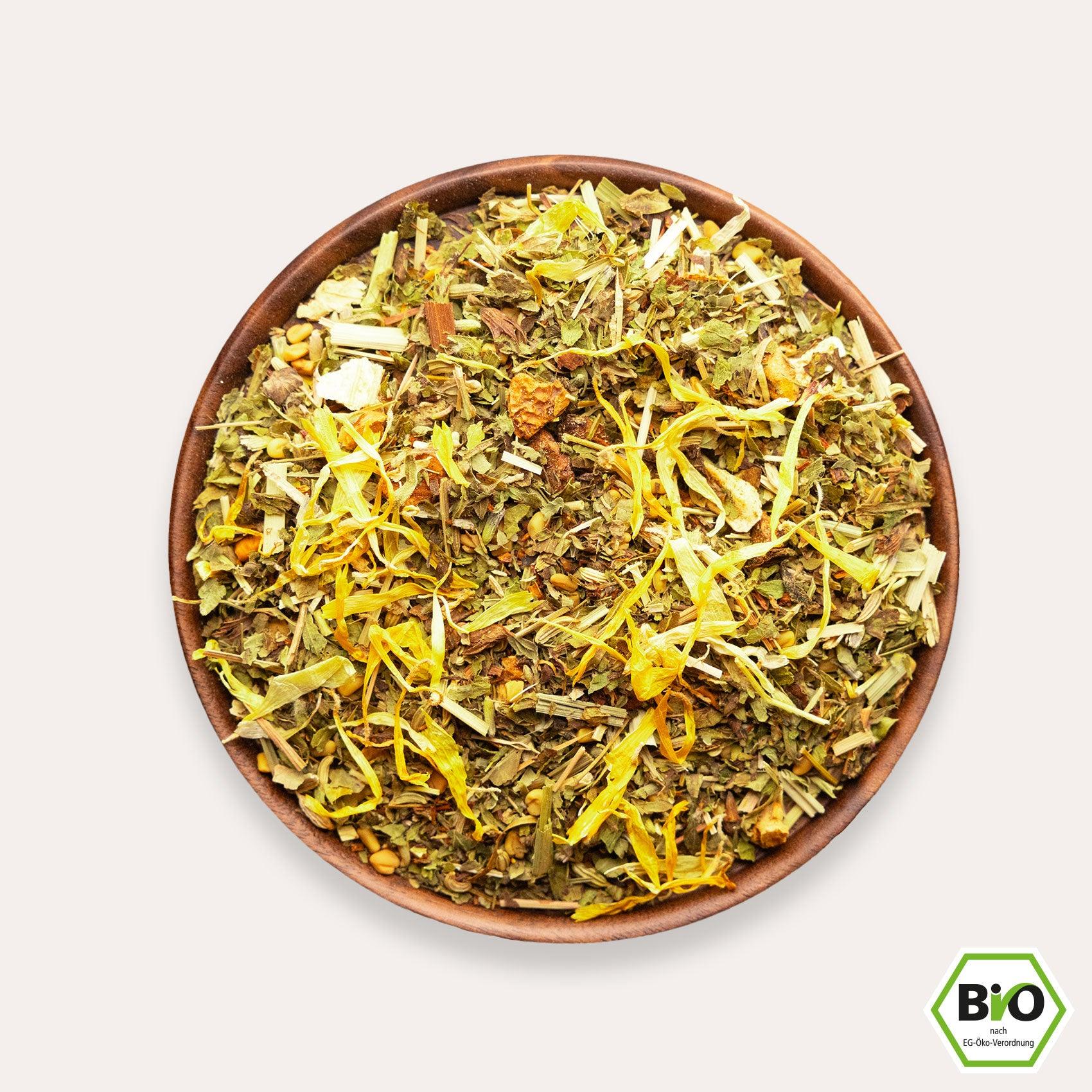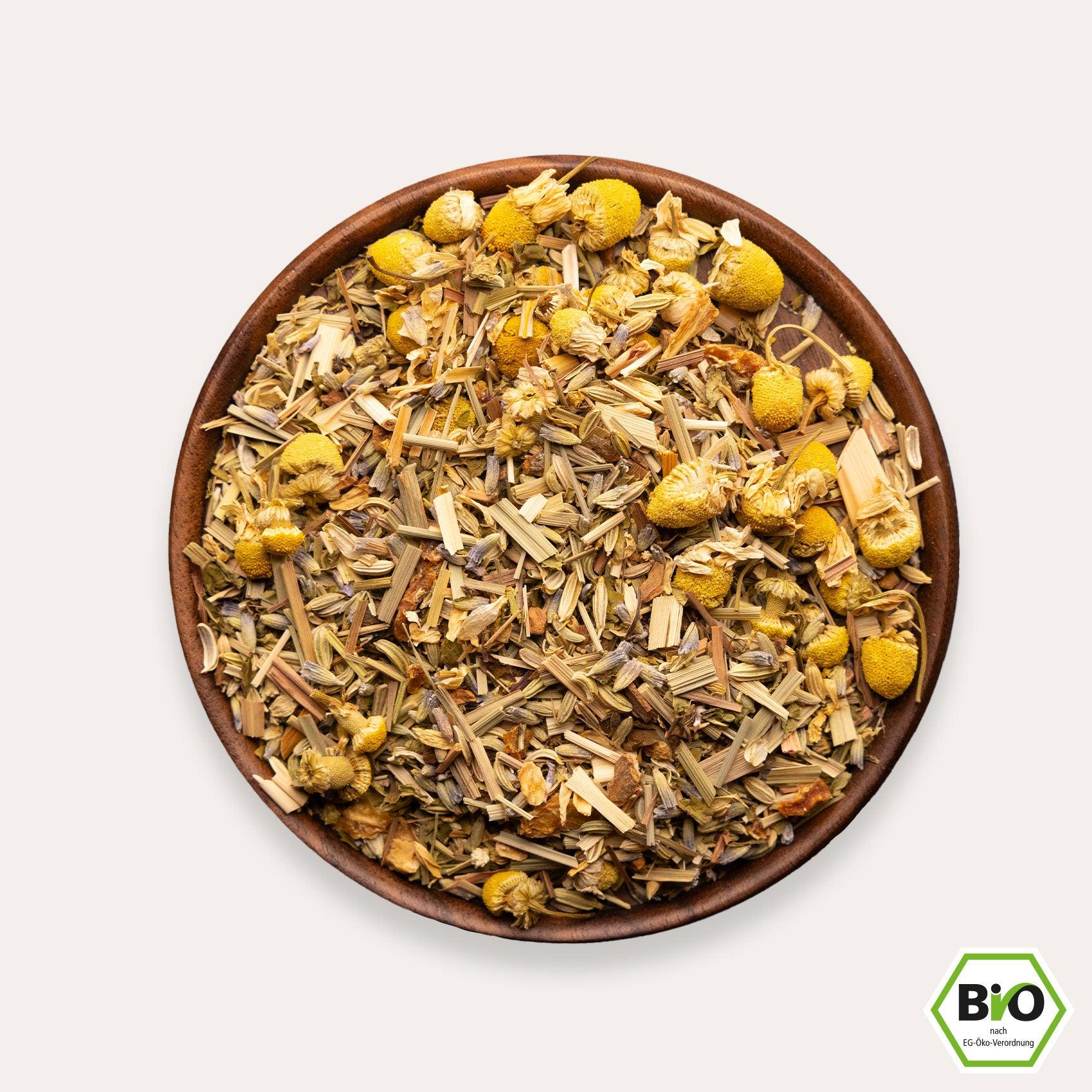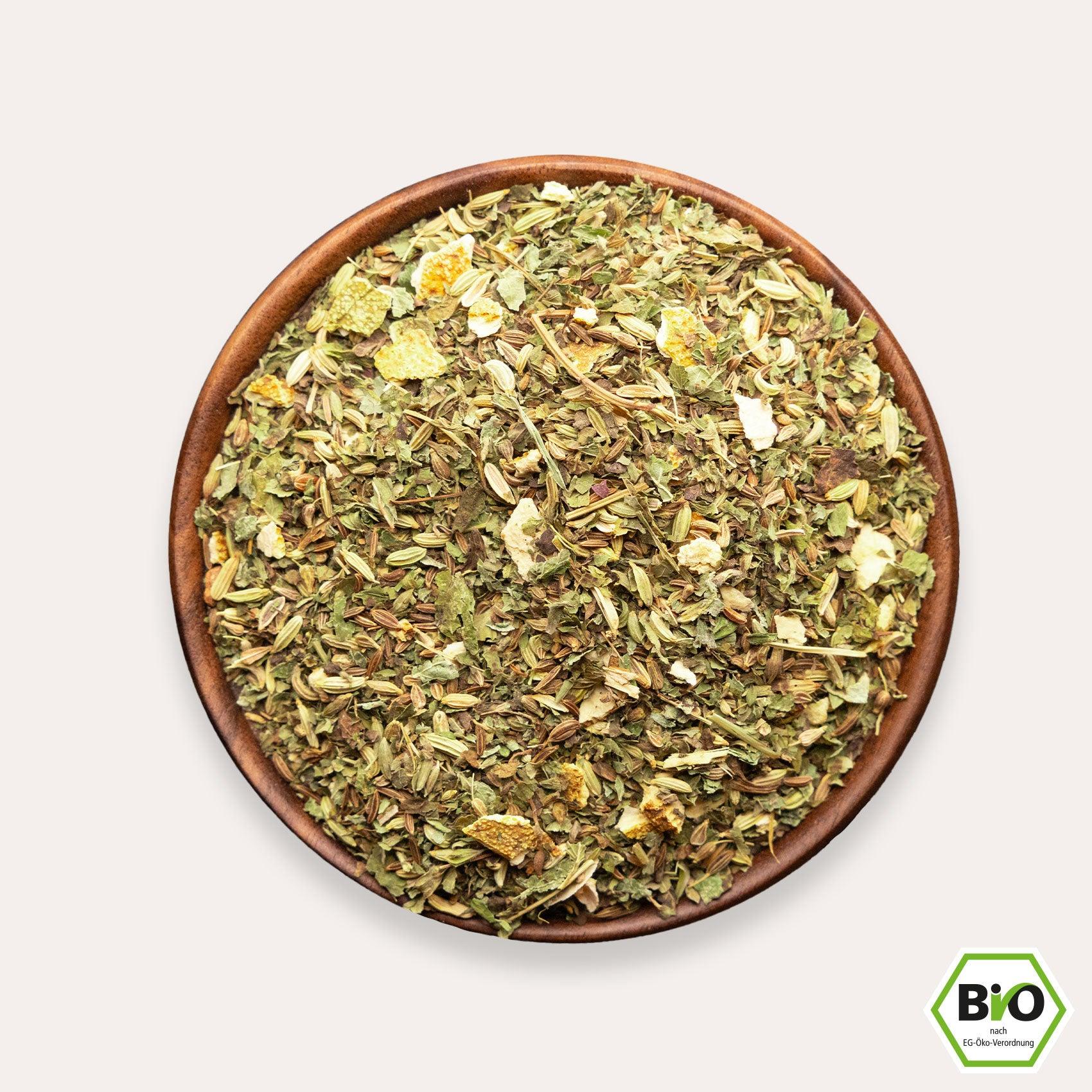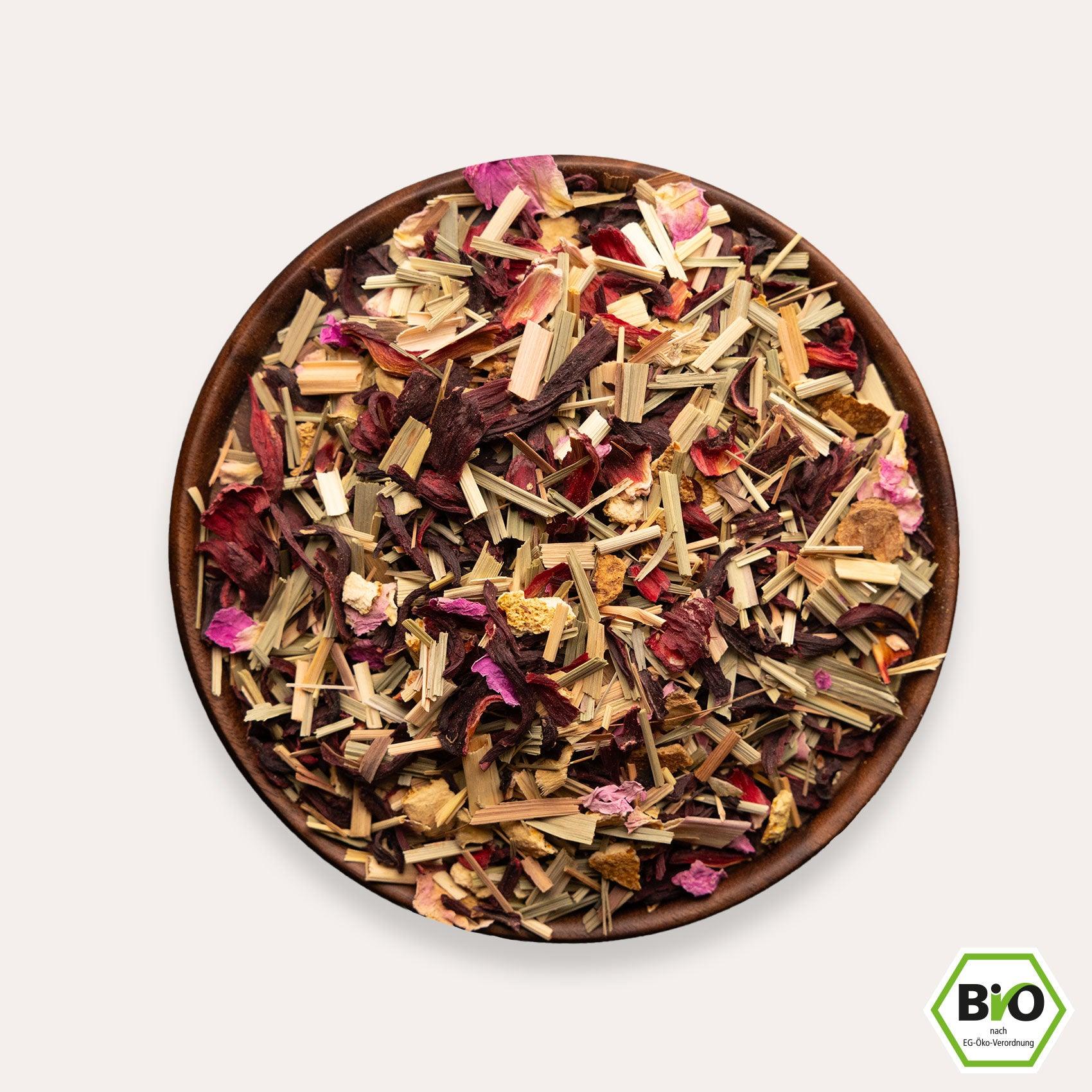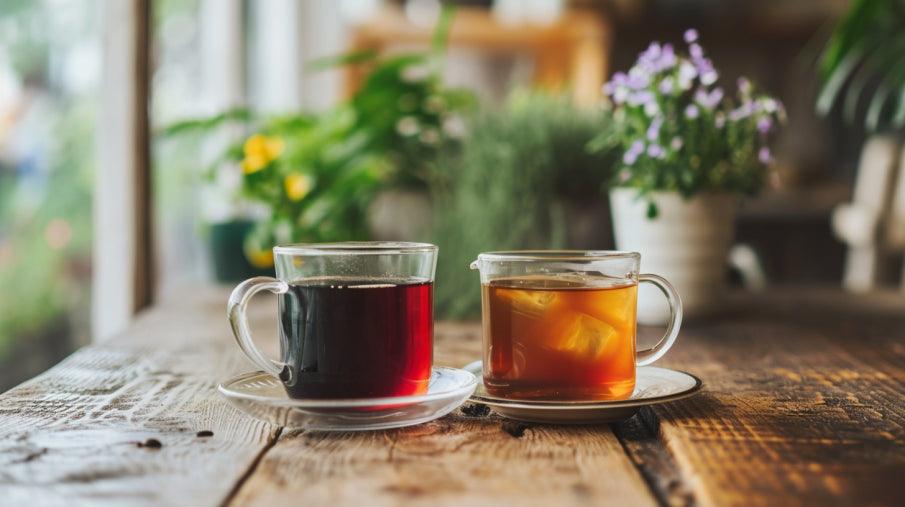
Coffee or Tea: A Comprehensive Comparison
Table of contents
- Introduction
- Coffee: stimulant and stimulant
- Tea: diversity and well-being
- Health aspects of coffee and tea
- Caffeine content: coffee vs. tea
- Taste and preparation
- Global popularity and cultural significance
- Sustainability and ecological footprint
- Conclusion
- Additional information
Introduction
The decision between coffee and tea is more than just a matter of taste - it's about lifestyle, health and culture. Both drinks have a long history and are popular worldwide. This article compares both drinks in various aspects to help you decide.
Coffee: stimulant and stimulant
Coffee, characterized by its intense, sometimes bitter taste and high caffeine content, is prepared from carefully roasted and ground coffee beans. It is known and loved far beyond its ability to keep us awake. Coffee has a diverse and rich cultural history and holds a special place in the everyday rituals and social habits of people around the world.
Tea: diversity and well-being
Tea, created from the leaves of the Camellia sinensis plant as well as a wealth of herbs and fruits, presents itself in an impressive variety of flavors and species richness. Whether it's the classic green and black tea or the seductive herbal and fruit teas - the world of tea is unique and multifaceted. Tea is often associated with moments of relaxation and well-being and is considered a drink that calms both the body and mind.

Health aspects of coffee and tea
Both coffee and tea have proven health benefits. Coffee can reduce the risk of certain diseases such as Parkinson's and type 2 diabetes, while tea is known for its antioxidant properties that support the cardiovascular system.
Caffeine content: coffee vs. tea
Coffee generally contains more caffeine than tea. A cup of coffee can contain about twice as much caffeine as a cup of black tea. Green tea has less caffeine than black tea. This is an important factor for people who need to monitor their caffeine consumption.
Taste and preparation
Coffee is often valued for its strong and robust flavor. Tea offers a wider range of flavor profiles, from gentle and floral to bold and tannic. The preparation of both drinks varies greatly and can range from simple to elaborate.

Global popularity and cultural significance
Coffee and tea are popular worldwide, but have different presences in different cultures. Coffee dominates in Western countries, while tea is preferred in many Asian and some European countries.
Sustainability and ecological footprint
The production of coffee and tea has different impacts on the environment. The cultivation, harvesting and transport of both beverages pose ecological challenges. Sustainable cultivation and fair trade are important aspects for environmentally conscious consumers.
That's what science says
The health effects of coffee and tea are varied and partly dependent on the amount and type of drink consumed:
-
Cardiovascular effects : Coffee and tea may increase blood pressure in the short term, but offer protection against cardiac arrhythmias and heart failure. They also have positive effects on insulin resistance and reduce the risk of diabetes mellitus. However, caution should be exercised in patients with known cardiovascular disease ( Mendpara et al. ).
-
Green Tea and Healthy Aging : Green tea consumption is associated with healthier aging and higher activity levels compared to black tea ( Naumovski et al. ).
-
Metabolic effects : High coffee consumption is associated with higher plasma concentrations of adiponectin, which could have positive effects on metabolism, in contrast to tea ( Williams et al. ).
-
General health promotion : Both tea and coffee promote health and can prevent and treat numerous diseases, in part through ingredients such as caffeine, theaflavins, catechins and polyphenols in tea and chlorogenic acid in coffee. They can be effective in the prevention and treatment of metabolic disorders such as obesity, metabolic syndrome, cardiovascular disease, and type 2 diabetes ( Sirotkin et al. ).
-
Cognitive Function and Mental Health : Consumption of tea, coffee, and green tea has been associated with improved cognitive function and mental health outcomes, including improved attention, reduced anxiety, and lower risk of depression. However, the evidence is mixed and further research is needed ( Ikar et al. ).
-
Risks of Overconsumption : Excessive consumption of tea and coffee can lead to increased anxiety, disrupted sleep patterns, digestive problems, caffeine dependence, rapid heartbeat, fatigue, headaches, and other symptoms ( Jaffar et al. ).
-
Differences in effects on specific diseases : While coffee is associated with a higher risk of open-angle glaucoma (OAG), particularly in men, the effects of tea, particularly in relation to eye health, are not specifically mentioned in the literature cited ( Bae et al . ; Hecht et al. ).
-
Mortality risks : Tea is associated with a lower risk of all-cause and cancer mortality, as well as reduced cardiovascular mortality. Coffee consumption shows a U-shaped nonlinear association with all-cause and cardiovascular mortality, with moderate consumption associated with lower risk but high consumption associated with higher risk. The combined intake of tea and coffee had a protective effect against all-cause mortality ( Wu et al. ).
In summary, both coffee and tea can provide health benefits, with the specific effects depending on the type of beverage consumed and the amount consumed.
Conclusion
Coffee and tea are both fascinating drinks with their own benefits and stories. Your choice depends on personal preferences, health considerations and cultural backgrounds.





